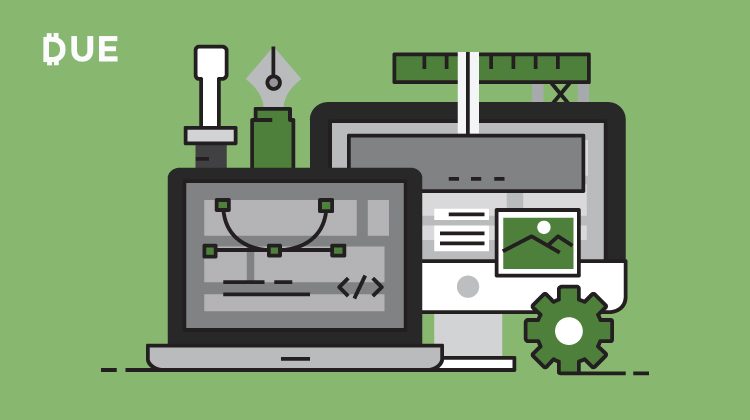If you have a business today, you need a website. No ifs, ands, or buts about it. But simply having a website isn’t enough to compete in today’s crowded online marketplace. When a new visitor arrives at your website, what should they do first? What steps should they take to hire and do business with you? Unless it is blatantly obvious, many web users will spend just a few moments at your site before moving on.
If you really want to capture their attention, it is important to make the site user friendly and easy to navigate. Easy navigation means giving users an ability to find out what you do, how you do it, and get ahold of you very easily. These three important web pages make it possible.
Table of Contents
ToggleAbout
The first page most visitors look for if they want to learn more about your site is the about page. According to KoMarketing, once on a company’s homepage, 52% of visitors want to see “about us” information next. 86% will look for this information on the homepage. If you don’t have it already front and center, make sure the about link is easy to find in the navigation bar at the top of the screen.
But it isn’t just having an about page that is important. Your about page should start a conversation with a user that focuses more on them than you. That may be a bit counter intuitive, but once you think about how most people use web pages in general it makes a lot of sense. Visitors to your site need to be sold on “what’s in it for me” to convert them to a customer. So while your about page should explain who you and your company are and why you should be trusted, the actual about page experience is all about the user.
One 0f the most thoughtful about page experiences I have come across is Derek Halpern’s about page at Social Triggers. His page is ordered in a way that shows of his expertise and tells users what to expect before getting into the “about Derek” information. He puts the readers first and himself second, which does a great job converting those web users into regular readers and eventually customers.
Contact
Many websites simply put an email contact form, phone number, and maybe a Google map with directions on their contact pages. However, that is leaving big opportunities on the table. Of course, you want your about page to be incredibly simple. It should be obvious how customers and potential customers can get ahold of you, but you can do more with your contact page than receive customer service emails.
My contact page gives easy options to reach me via email, but before anyone finds my contact form, they see how to hire me as a freelance writer or speaker before getting to the free reasons someone may want to reach out. While I’m happy to help out readers and answer media inquiries, the first goal of my online business is earning money, and the number one way I earn money is freelance writing. Giving people an option to reach out to hire me first has put real dollars in my pocket.
Of course, every business does not sell via one-on-one client communications. But no matter what method you use to earn, make it incredibly easy for visitors to hire you or give you money. Of any important web pages, the ones that get you paid are the most important.
Start Here
A newer trend in website development is the start here page. One of the best examples of a start here page is at Smart Passive Income, the popular entrepreneurship site from Pat Flynn. Pat’s start here page does much of what Derek Halpern does with his about page at Social Triggers, but with his own flair and style. And at Smart Passive Income, the start here page takes readers on a different path than the about page.
Pat’s start here page tells users what Smart Passive Income is all about, what to expect, and funnels visitors into one of two paying products or his email list. Paid offerings, his affiliate link for Bluehost and his own Smart Podcast Player for podcasters, are the first two places users are encouraged to click. Below that, users can sign up for the email lists for opportunities at a later conversion. But you’ll notice, he makes it easier to sign up for something that eventually makes him money than anything else. That’s what a start here page should do.
Go Fix Your Site
Does your website have the most important web pages for new visitors to learn about you and become a customer? If not, what are you waiting for? If you have your own website, you should be able to quickly and easily edit your site to meet your needs. Don’t have a website? Check out my guide with a video showing how to get your own .com website up and running in under five minutes.















